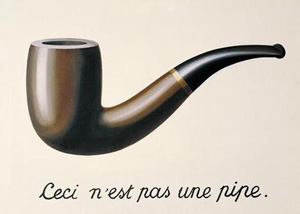It’s not often that Mary Todd Lincoln appears in a flash piece. Talk, if you would, about how she ended up in “Florida.”
That’s drawn from my own experience as a child having to write a paper on a famous person from history. I really was set to write about Abe Lincoln but came across a few books about his wife. I remember sitting on the floor in an upstairs corner of the library, just utterly fascinated by what I’d read about her. I looked up and realized I’d been reading for several hours and had to run home in the dark. I wrote a very long paper on her. My teacher didn’t like it much.
The voice of young protagonists can very easily go astray. From where did this voice come? And what is the key to keeping such “young” voices real?
I keep coming back to writing child/adolescent narrated stories. I wish I’d stop actually! But that doesn’t answer your question. I think the key to keeping the voices “real” is to try to remember what the world truly looked and felt like when you were young and then to try to convey this naturally, rather than attempting some childlike voice with adult sensibilities. That runs the risk of sounding artificial and forced. And I say “try” because it’s difficult to do.
I’ve begun to associate this authentic voice of young adulthood with Fish flashes. The deep yearning of these protagonists never fails to draw me in and move me. What do their desires have to do with the desires of the grown-up Kathy Fish?
My driving desire as a kid and young adult was to understand. Maybe that’s why I read so much. My childhood was just…bewildering. I guess I write fiction because there’s still something of that yearning to make sense of the world.
What continues to inspire and challenge you in writing flash?
Reading the really good stuff, the flash fiction here, in Smokelong and in Quick Fiction, Cranky, Spork, and a number of other journals. Makes me happy to see so much good writing in the flash form.
The 2005 Edge Annual World Question (www.edge.org) asked a question that the BBC called “fantastically stimulating.” One year later, we ask you this same question: “What do you believe is true even though you cannot prove it?”
I believe in the idea that the past, present and future are all occuring simultaneously. It’s a hard concept to get one’s head around, but once you do, it explains a few things. I like it. I liked it. I will like it.



 The core workshop of SmokeLong Fitness is all in writing, so you can take part from anywhere at anytime. We are excited about creating a supportive, consistent and structured environment for flash writers to work on their craft in a community. We are thrilled and proud to say that our workshop participants have won, placed, or been listed in every major flash competition. Community works.
The core workshop of SmokeLong Fitness is all in writing, so you can take part from anywhere at anytime. We are excited about creating a supportive, consistent and structured environment for flash writers to work on their craft in a community. We are thrilled and proud to say that our workshop participants have won, placed, or been listed in every major flash competition. Community works.